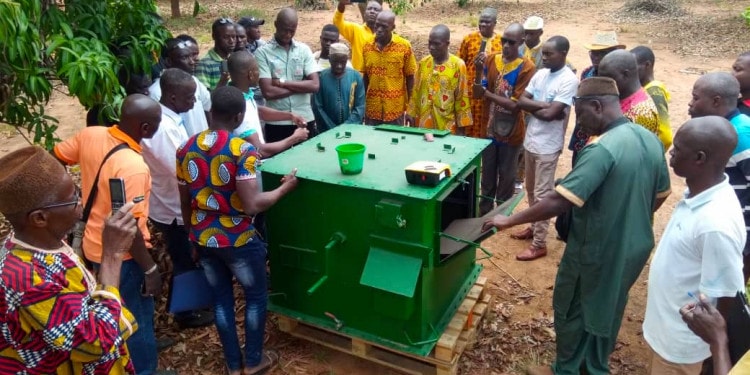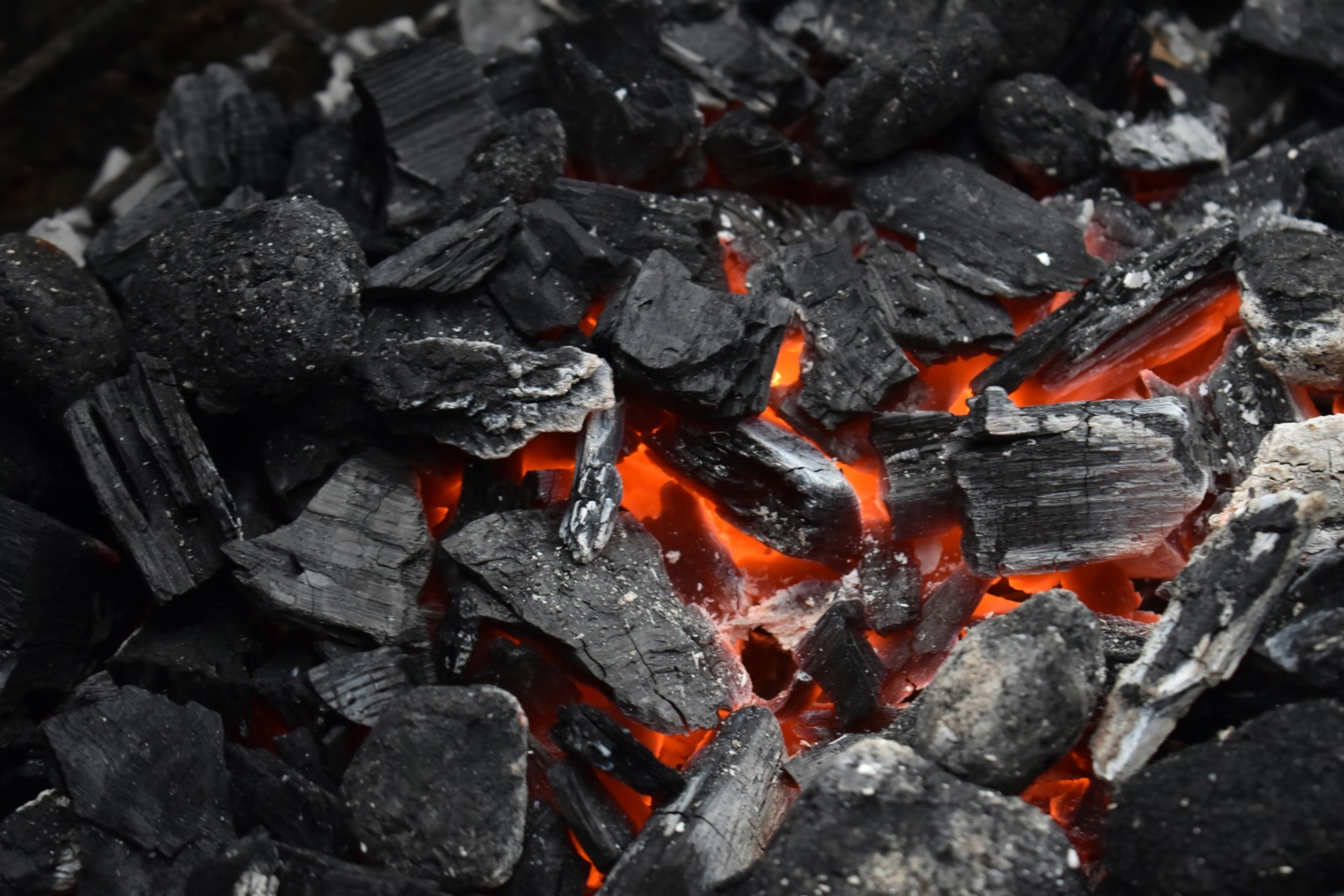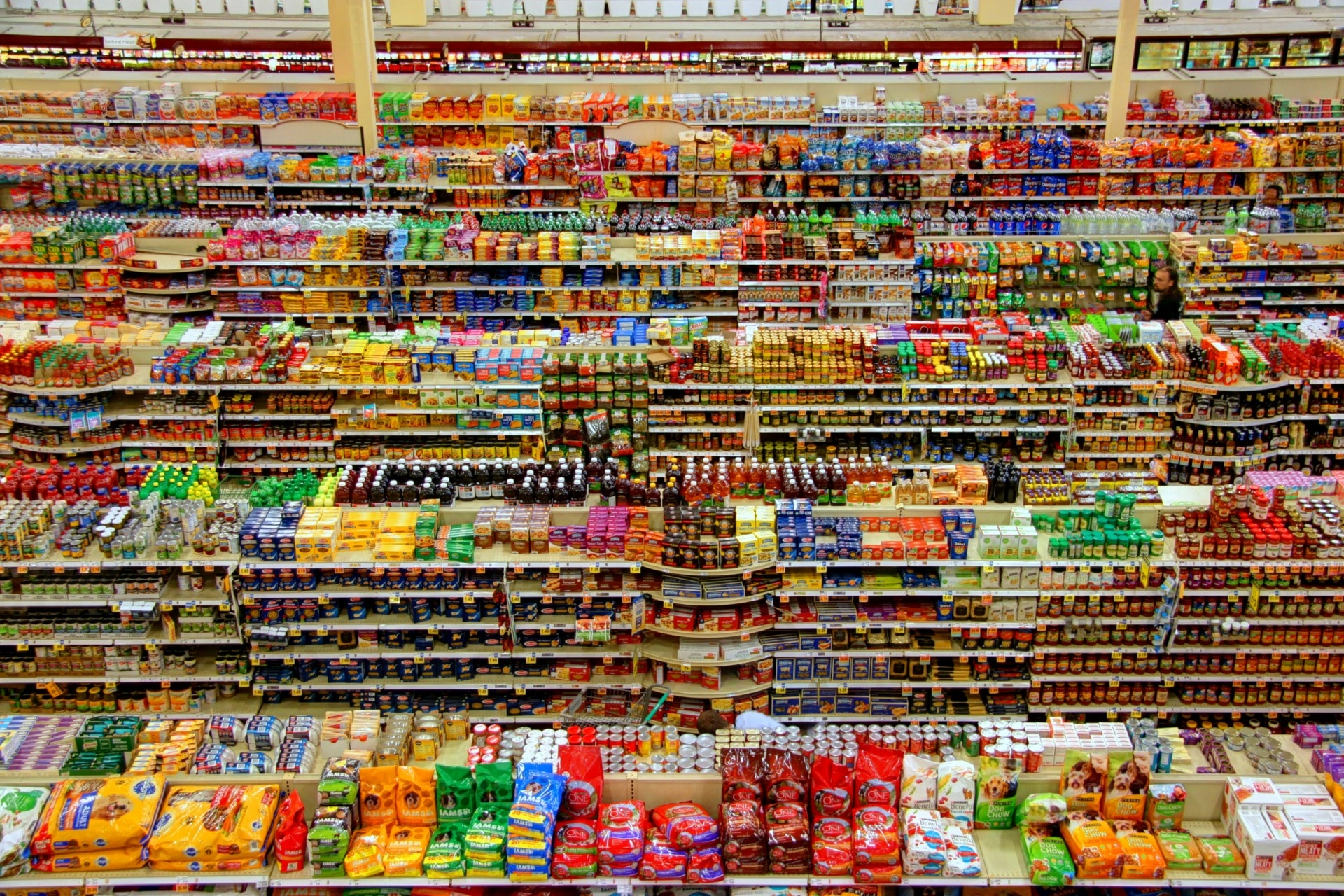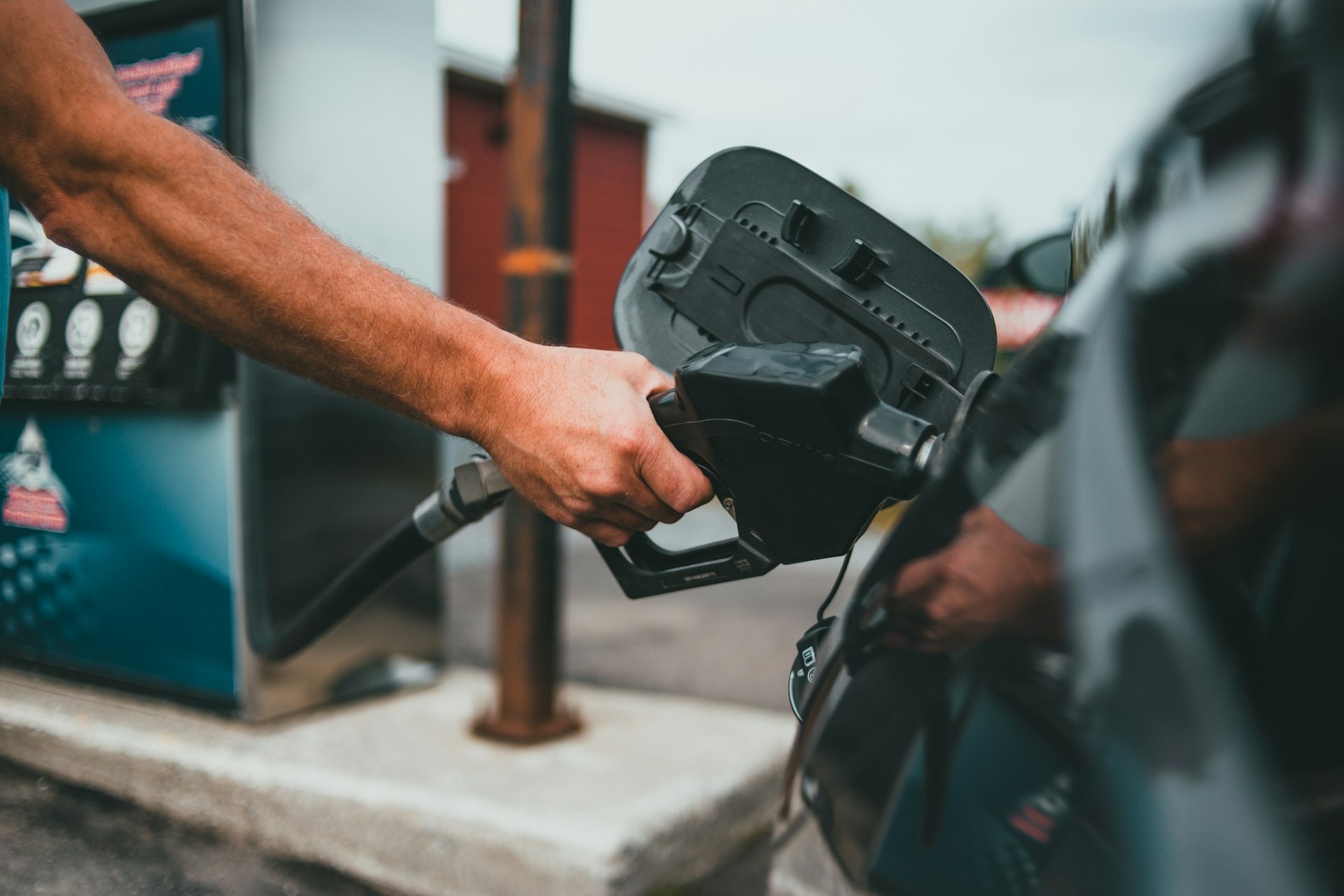LONO is an organization based in Ivory Coast providing sustainable and affordable products and services for recycling agricultural waste to generate profit for users. We have reached Louise Bijleveld, Co-founder of LONO to find out more about her company.
Can you please explain what kind of activities does LONO do?
Louise Bijleveld: LONO developed a tool for farmers and agribusinesses in Ivory Coast to convert organic waste into products of value. We call this tool Kubeko: an efficient and low-cost method of transforming organic waste into compost, biogas, and electricity. We found that pre-existing technologies were either not adapted to the type of waste in Ivory Coast (often designed for animal dung instead of agricultural waste), or too expensive to be a viable business model. Kubeko’s two-step (dry-wet) process makes it possible to reduce the size of digesters and convert waste from fruit, cassava, cocoa, or cotton plantations in a low-cost manner.
There are two product ranges for the Kubekos. The first one is the Kubeko box (small-sized) designed for farmers, households, and cooperatives. The second one is the industrial Kubeko (large-sized) designed for agro-processing factories and agribusinesses.
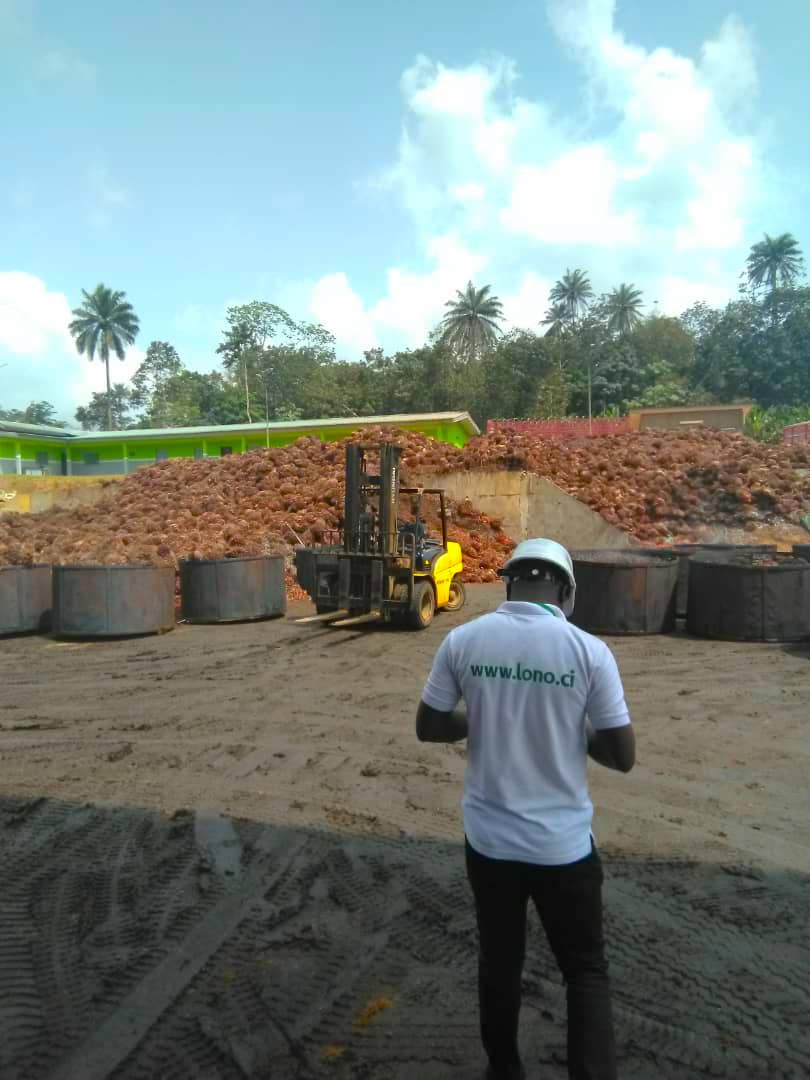
How many clients/customers have you had so far? How has this number changed over the last couple of years?
L. B. : In 2017 and early 2018, LONO was fully focused on research and product development activities. We began sales in 2018 with three industrial partners. In 2019, we are on track to double this customer list in addition to receiving follow-up orders from our initial customers.
RELATED ARTICLES:
 “TURNING TRASH INTO TREASURE: AN INTERVIEW WITH PAULINA ALFEUS”
“TURNING TRASH INTO TREASURE: AN INTERVIEW WITH PAULINA ALFEUS”
 “AFRICANDRONE: OPPORTUNITIES FOR DEVELOPMENT IN AFRICA THROUGH TECH” by Johnny Miller
“AFRICANDRONE: OPPORTUNITIES FOR DEVELOPMENT IN AFRICA THROUGH TECH” by Johnny Miller
What kind of impact do you have on your community?
L. B. : We aim to have a social and environmental impact on the communities we work with. Waste valorization through compost and biogas production improves soil fertility through recycling nutrients, and it reduces air pollution by reducing greenhouse gas from uncontrolled landfills and open wood-burning. Kubeko also allows people and businesses at the beginning of the agricultural value chain to create an extra layer of value creation. This leads to additional income for rural households in Ivory Coast.
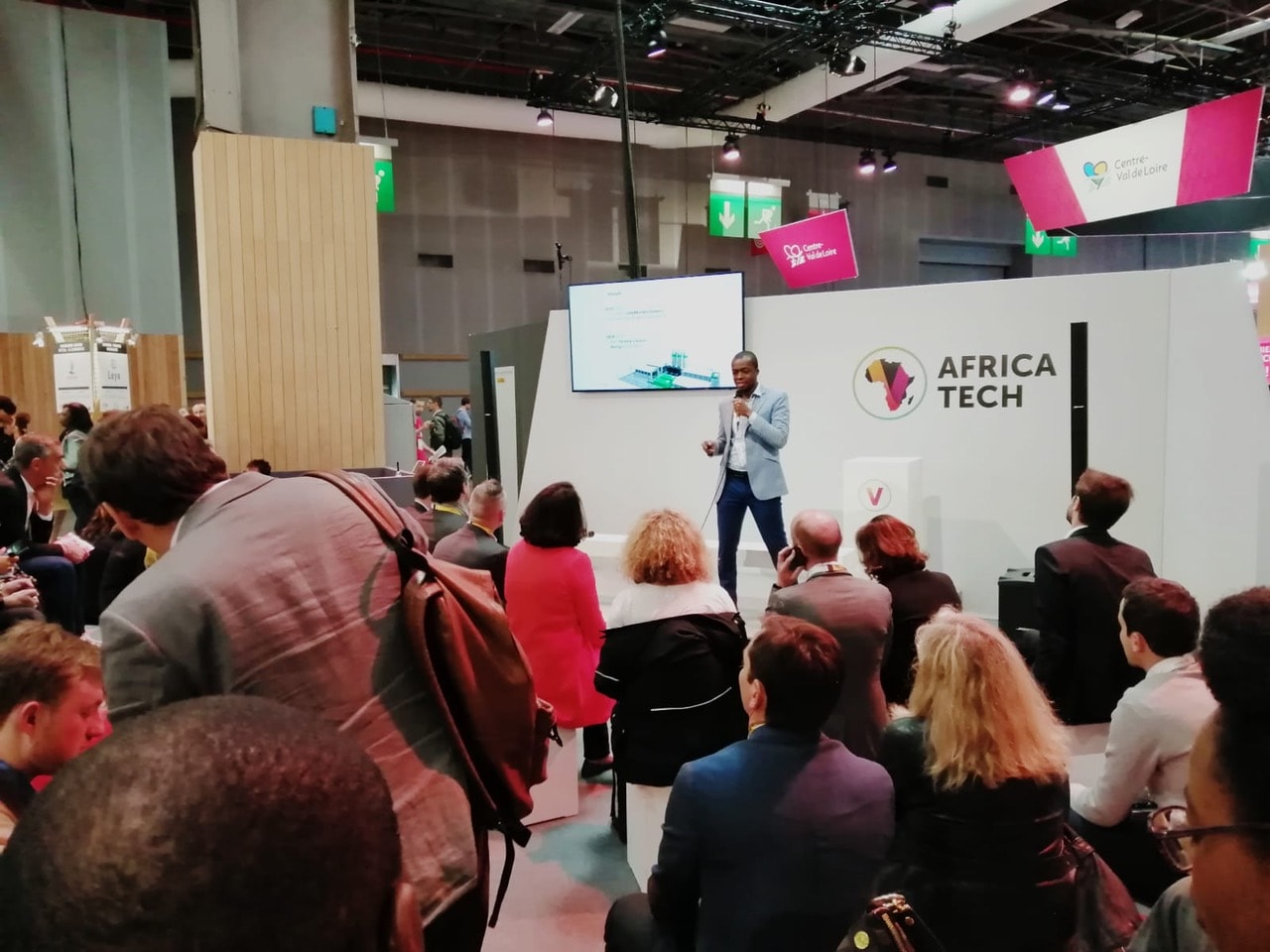
What do you think needs to be done to generate more female entrepreneurs and initiatives like yours in Africa?
L. B. : This is a complicated question since there is a lot of variation between the many countries that make up Africa. However, in Francophone West Africa, I believe we need more role models and success stories that show us what is possible and what female entrepreneurship and leadership could look like.
This would also encourage girls at school and women in the early stages of their careers to consider going into business. Looking at the numbers, investments in female-founded firms (particularly those of African women) are significantly low all over the world. For this to change, I think that more women need to be part of investment boards and selection committees in order to obtain more diversity when making decisions about funding allocation.
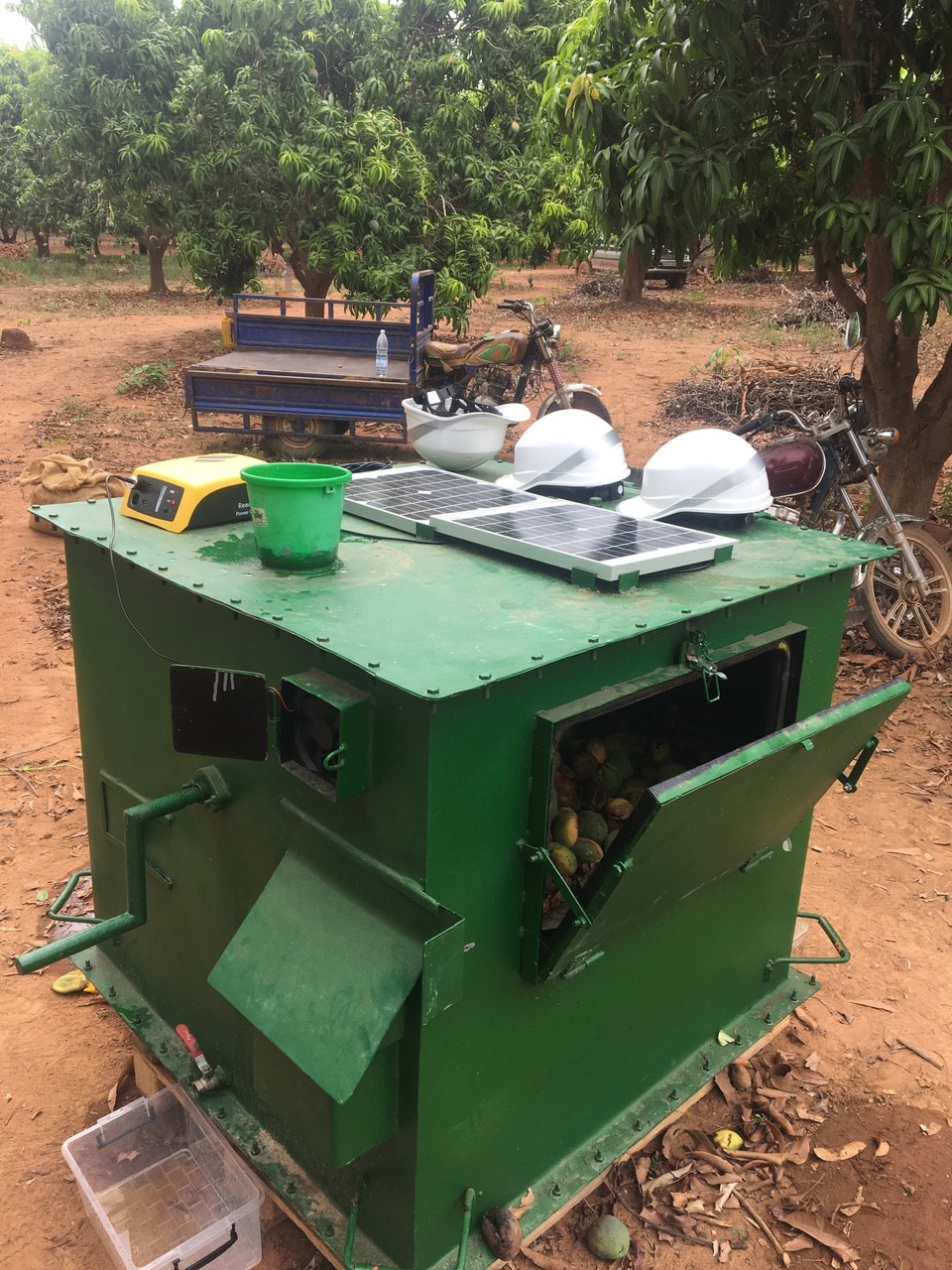
What are your thoughts about the SDGs?
L. B. :Our activities have a direct impact on soil quality, air quality, energy access, and income generation of households. Ultimately, we hope to contribute to improving perspectives for youth deciding to make a living from agriculture, combating climate change, and reducing rural and (eventually) urban poverty.
In Cover Photo: Group of farmers using a Kubeko. Photo Credit: LONO
EDITOR’S NOTE: The opinions expressed here by Impakter.com columnists are their own, not those of Impakter.com.


